By Emmanuel Onyango
The massive rallies of Paul Kagame's Rwanda Patriotic Front attended by thousands of supporters in open field venues are a stark contrast to the handful drawn by his two rivals in the presidential election.
Kagame and his party are heading to the polls confident of his return to power for a fourth term.
The Rwanda presidential and parliamentary elections are scheduled for July 15. The National Electoral Commission has cleared over 500 parliamentary candidates to contest for 80 seats in the lower chamber of parliament.
The country has about 9.5 million registered voters, according to data from the commission.
Kagame will face familiar challengers who both garnered under 2% of the votes in the last presidential election. But the opposition is hoping to turn 2017’s trickle of votes into a stream of support on Monday.
In total, eight candidates had applied to contest against Kagame, but the electoral commission cleared only two.
Rivals locked out
The others were locked out for various reasons, including Kagame’s critic Diane Rwigara, who the commission said had failed to provide documentation to prove she had no criminal record.
It also said she had failed provide a document proving she is of Rwandan origin.
Besides the president, the two other approved candidates are Frank Habineza and Philippe Mpayimana.
“The three candidates are products of their own personal stories. They share all of them a post-genocide context (in their politics),” according to Eric Ndushabandi, a professor of political science at the University of Rwanda with specialty on the burden of memory and identity in Rwanda’s politics.
Paul Kagame:
Kagame, 66, led the movement that ended the 1994 genocide in Rwanda. The genocide left over one million people dead. Kagame has served as president since 2000.
The country of 14 million people has enjoyed stability and economic development for over 20 years, despite criticisms of a shrinking of democratic space.
On the campaign trail, the president has been urging Rwandans not to lose sight of the country’s rebuilding following the genocide and has been projecting himself as the guarantor of the current stability.
It is an important projection of assurance to an electorate still wary about the future of their country, which is located in one of the most unstable parts of the continent, according to analysts.
“In the understanding of many Rwandans, we think that the only one who can guarantee the continuity and stability of what has been achieved is still Kagame,” according to Ndushabandi.
He added: “I don't have any doubt he will be the winner. He placed the standards very high to the point that many Rwandans think that to sustain what has been achieved, we still need him.”
Should he win the elections, the law allows Kagame to serve two more five-year terms following a 2015 constitutional amendment. The amendment, however, reduced the presidential term limits to five years starting from 2024.
Frank Habineza:
Green Party leader Frank Habineza was until May a member of parliament. From his days as a university student, he is a vocal campaigner of environmental preservation and green economy.
“He developed this from outside Rwanda he got this from Sweden when he studied there,’’ said Ndushabandi.
He has campaigned on a platform of tax reduction, cohesion and improving the quality of education.
“On the campaign trail he is always waiving the index finger, signaling uniqueness, that ‘I am the only one to be voted to office’,” said Ismael Buchana, a political scientist.
Philip Mpayimana:
Independent candidate Philippe Mpayimana is a former teacher who was holding a government position in the ministry of national unity before quitting to join the presidential race.
His controversial campaign pledge to limit the size of families by law if he wins the election has sparked national debate.
“He wants to make sure that by law people can at most get three children,” explains political scientist Ismael Buchanan.
The thrust of the policy is that government can offer better services to ‘’properly planned’’ families.
“He lived in France, so he shaped this ambition from outside. But the persistent idea of presenting himself as a candidate when he returned from abroad and even after serving in a government position, it shows a conviction that he wants to fulfill this ambition,” said Ndushabandi.
Campaign rallies are due to close on Saturday and provisional results of the elections are expected by July 20.
➤ Click here to follow our WhatsApp channel for more stories.




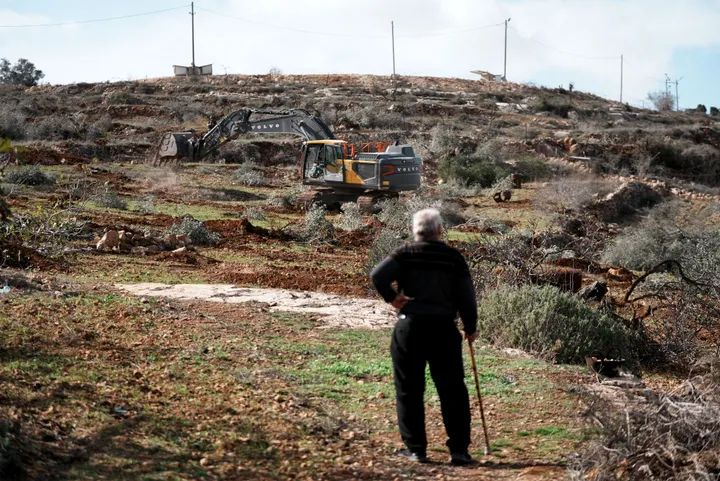






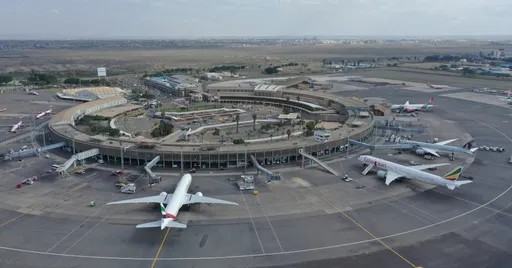
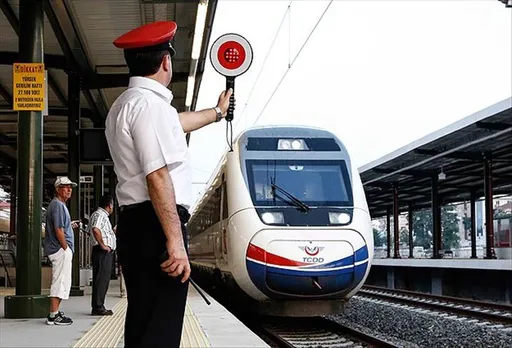

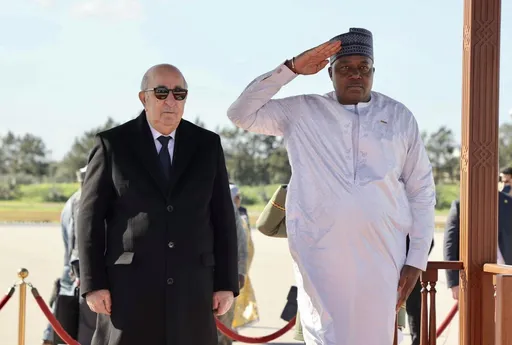
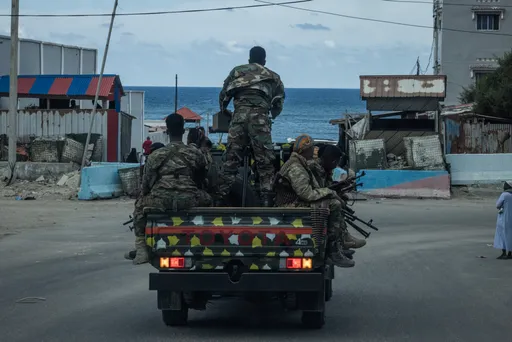

.JPG?width=512&format=webp&quality=80)





